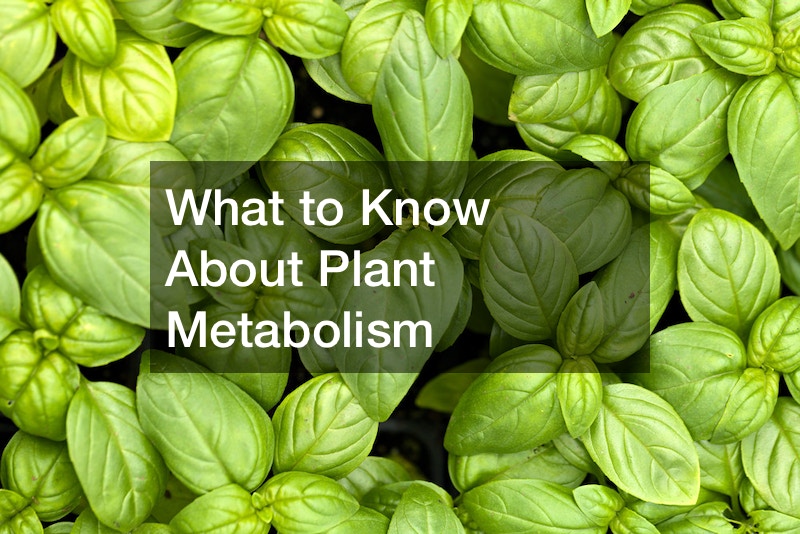Plant metabolic processes are essential for the growth and development of plants. Understanding these intricate processes is crucial for maximizing crop yields and ensuring the overall health of plant life. Here, we delve into the key aspects of plant metabolic processes and their significance.
Plant Metabolic Processes Overview: Plant metabolic processes encompass a wide range of chemical reactions within plants that drive growth, energy production, and response to environmental factors. These processes involve the conversion of sunlight, water, and carbon dioxide into glucose through photosynthesis.
Additionally, plants utilize stored energy and nutrients during growth.
Importance of Plant Metabolic Processes: Plant metabolic processes play an important role in maintaining the health and sustainability of plant life. Various external factors, including soil quality, temperature, and the presence of pesticides and endocrine disruptors, influence them. Soil transformation studies and soil absorption tests help assess the impact of these factors on metabolism.
Plant Metabolism Testing Services: To better understand and optimize plant metabolic processes, this type of testing services are available. These services involve analyzing plant samples to determine their metabolic activity, nutrient uptake, and response to environmental stressors.
in conclusion, plant metabolic processes are fundamental to the survival and growth of plants. Monitoring and optimizing these processes through plant metabolism testing services, soil absorption tests, and soil transformation studies are critical for agriculture and environmental management, particularly in the face of challenges posed by pesticides, endocrine disruptors, and changing environmental conditions.
.
